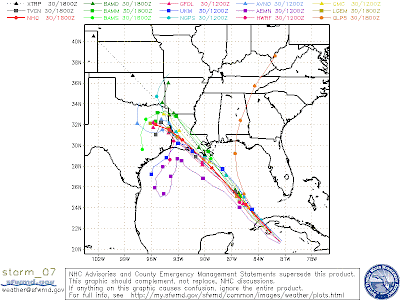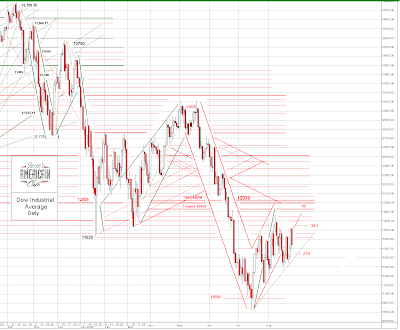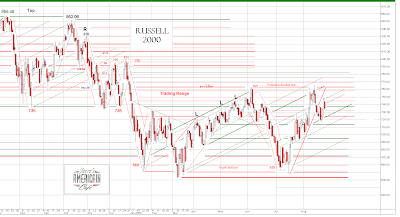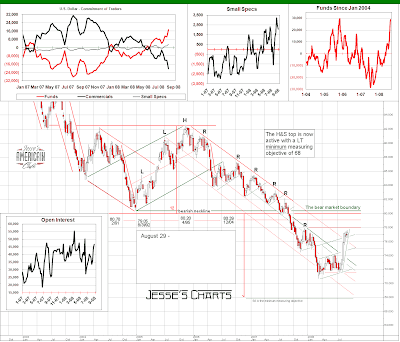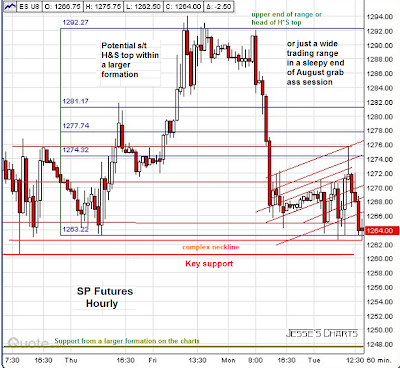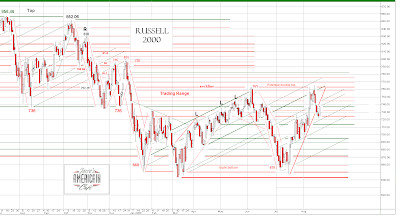"It is the aim of good government to stimulate production, of bad government to encourage consumption." - Jean Baptiste SayHere is an english translation of a story about the KDB - Lehman discussions from a Korean news agency. It provides some fascinating insights into the deal. And a follow up story that shows that the deal is not dead, but downsized.
Here is a Korea, anxious to make its mark on the global financial stage after it rebounded from the Asian currency crisis of the 1990's. The former Lehman regional manager of the Seoul office is now chairman of the KDB and is anxious to buy it for the home team. At the end of the day, the Korean government nixes the deal after they get a closer look at the books and realize that KDB is probably going to get saddled with far more debt default expense than they realized.
A senior [Korean] government official said, "After a review of its account book, we found that its [Lehman's] insolvency was serious. Then if insolvency becomes more serious, we would have to pour additional funds. But we concluded that it was too risky for the KDB to take the deal."
The fellow at KDB was no doubt disappointed that the Korean government simply said 'no' to the deal, with the best interests of their people in mind.
The Korean bankers might start working on the strategy of regulatory capture, the co-option and corruption of the legislative and regulatory functions by the industry that they oversee, in order to fully enter into the spirit of the global financial industry.
In the meantime scaling the deal down to a more 'manageable amount' is de rigeur in deal-making circles. And so the saga continues, as shown in the second story down about renewed discussions between KDB and Lehman for a presumably smaller $6 Billion investment, without it appears informing the Dr. No's in the Korean government.
KDB 'Gives Up' on Buying Lehman
Aug.22,2008 06:44 KST
The Chosun Ilbo
Negotiations for Korea Development Bank to buy a stake in Lehman Brothers, the fourth largest U.S. investment bank, have collapsed. Rumors about the impending bankruptcy of the investment bank have been circulating on Wall Street in the wake of the U.S. subprime mortgage meltdown.
KDB and Lehman executives reportedly held secret negotiations until early August but hit a snag at the last stage. KDB has now given up on buying a stake in Lehman, but there is still the chance that a civilian Korean bank will take it over.
The president of one Korean bank said it was “marvelous” that Korean firms have even negotiated to buy America's fourth largest investment bank. “This is a sea change, compared with the financial crisis 10 years ago when we begged the U.S. for help,” he added.
Lehman Brothers began trying to sound out Korean firms in June. A few Lehman executives informally visited the Korea Investment Corporation, which had earlier invested $2 billion in Merrill Lynch. After feasibility studies and a review of investment opportunities, KIC judged that the American bank was not an attractive investment target.
But Lehman approached KDB about the time KIC said no to its offer. KDB chairman Min Euoo-sung, who had been chief of Lehman's Seoul branch for three years until right before he became KDB chief in June, pushed for the takeover deal. KDB continued negotiations with a plan to take over Lehman in cooperation with several other Korean banks.
A bank executive who participated in the negotiations, said, "We believed that if we buy a world-renowned financial firm for W7-8 trillion (US$1=W1,055), it will provide important momentum for Korea's financial industry to go global.”
The two sides had reportedly agreed that even after the takeover deal, the current American management system would be maintained.
According to international news reports, the takeover price proposed in the negotiations was 50 percent higher than Lehman's book value, and talks failed because KDB felt it was too high. (In fact this was probably not the case except on the most generous of descriptions, and the fact that on one level deals are always about price.' - Jesse)
A senior government official said, "After a review of its account book, we found that its insolvency was serious. Then if insolvency becomes more serious, we would have to pour additional funds. But we concluded that it was too risky for the KDB to take the deal."
KDB kept mum on details of negotiations on grounds that talks are not completely finished and it is also considering investing in two to three other American financial firms.
Min said it was “normal that several negotiations and ruptures occur before a takeover deal is successfully completed. In the current circumstances, we can't put all our cards on the table."
 South Korea watchdog not told of Lehman talks-source
South Korea watchdog not told of Lehman talks-source
1 Sep, 2008, 0830 hrs IST,
The Economic Times
SEOUL: (Reuters) South Korea's financial watchdog has not been officially informed of renewed talks between Lehman Brothers and Korea Development Bank and has no plans to take any position before pricing is known, a senior regulator source said on Monday.
The comment came after Britain's Sunday Telegraph newspaper reported that Lehman was trying to raise as much as $6 billion in a share sale to KDB that could be concluded this week.
"We haven't received any official report about the deal's specifics, including the price," said the source, who declined to be identified.





